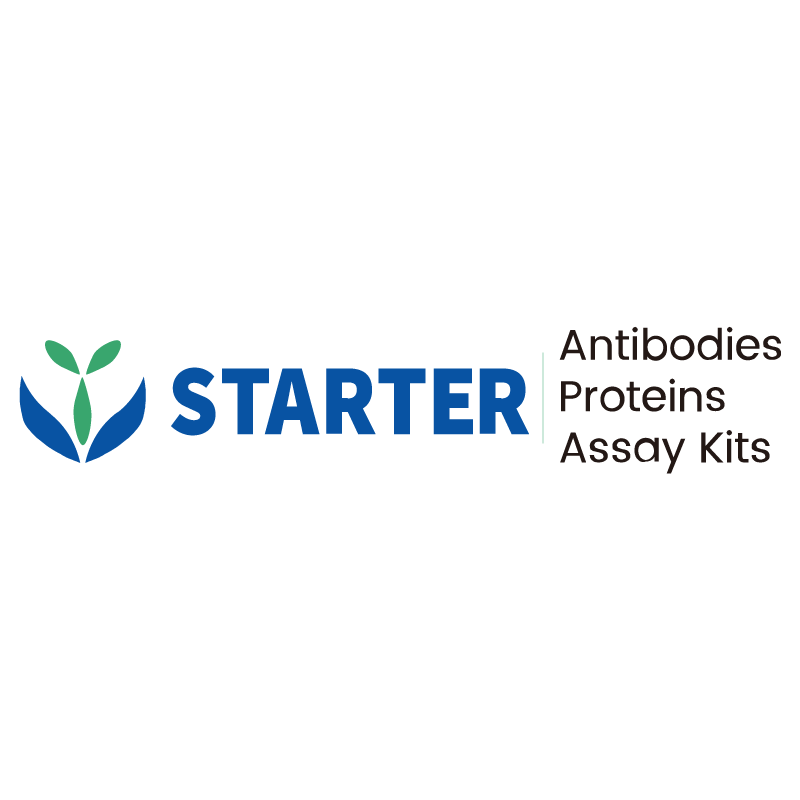Flow cytometric analysis of Human CD62E expression on TNF-α activated HUVEC (Human umbilical vein endothelial cells). Resting (Left panel) and 25ng/ml TNF-α activated (Right panel) HUVEC were stained with SDT Alexa Fluor® 647 Mouse Anti-Human CD62E Antibody at 5 μl/test. Flow cytometry and data analysis were performed using BD FACSymphony™ A1 and FlowJo™ software.
Product Details
Product Details
Product Specification
| Host | Mouse |
| Antigen | CD62E |
| Synonyms | E-selectin; CD62 antigen-like family member E; Endothelial leukocyte adhesion molecule 1 (ELAM-1); Leukocyte-endothelial cell adhesion molecule 2 (LECAM2); ELAM1; SELE |
| Location | Cell membrane |
| Accession | P16581 |
| Clone Number | S-2909 |
| Antibody Type | Mouse mAb |
| Isotype | IgG1,k |
| Application | FCM |
| Reactivity | Hu |
| Purification | Protein G |
| Concentration | 0.2 mg/ml |
| Conjugation | Alexa Fluor® 647 |
| Physical Appearance | Liquid |
| Storage Buffer | PBS, 1% BSA, 0.3% Proclin 300 |
| Stability & Storage | 12 months from date of receipt / reconstitution, 2 to 8 °C as supplied |
Dilution
| application | dilution | species |
| FCM | 5μl per million cells in 100μl volume | Hu |
Background
CD62E, also known as E-selectin or endothelial-leukocyte adhesion molecule-1 (ELAM-1), is a ~115 kDa calcium-dependent type-I transmembrane glycoprotein of the selectin family expressed exclusively on cytokine-activated vascular endothelium where it mediates the first tethering and rolling of circulating leukocytes by binding sialyl-Lewis X-decorated ligands such as PSGL-1 (SELPLG) on neutrophils, monocytes, and effector/memory T cells, thereby orchestrating extravasation during acute and chronic inflammation; the molecule comprises an N-terminal C-type lectin domain, an epidermal growth factor-like motif, six complement-binding (sushi/CCP) repeats, a single transmembrane segment, and a short cytoplasmic tail, is transcriptionally up-regulated within 2–4 h of stimulation by IL-1β, TNF-α, or LPS via an NF-κB–dependent pathway, and also participates in angiogenesis, tumor-cell metastasis, and vascular repair, making it both a biomarker and therapeutic target in cardiovascular disease, sepsis, and cancer.
Picture
Picture
FC


